According to the July LANDTHINK Pulse results, an overwhelming 81.69% of respondents believe that hemp should be grown as an agricultural commodity. Hemp is a variety of the Cannabis sativa plant, with many industrial and commercial uses. The 2014 Farm Bill that was signed by President Obama included a provision that allows universities to grow hemp for research purposes, but only in states that have legalized industrial hemp.
Hemp, with its rich fibers stronger than cotton, is closely woven into the tapestry of American history. There was time when hemp was legally cultivated in America. In fact, in 1619 the Virginia Assembly passed an Act requiring American farmers to grow it on their plantations. George Washington was a staunch advocate of hemp, and he grew hemp as a primary crop on his Virginia farm. George Washington was not the only president with a fondness for hemp and its beneficial properties. Thomas Jefferson knew a lot about cultivating hemp and even invented a threshing machine for processing hemp.
There are many misconceptions about hemp; the biggest being that hemp and marijuana are one in the same. While both are members of the same plant species- they are not the same. Industrial grade hemp contains very low levels of the psychoactive component tetrahydrocannabinol (THC). The subspecies grown for marijuana has poor quality fiber and could never be used to produce commercial and industrial products for which hemp is used.
Last month, the July Pulse asked: In your opinion, should hemp be grown as an agricultural commodity? Our informal online survey revealed that 81.69% of our audience believe it SHOULD be grown as an agricultural commodity, while a scant 18.31% said it SHOULD NOT, supporting the current U.S. ban on growing industrial hemp.
It was the general consensus of the LANDTHINK audience that allowing farmers to cultivate hemp commercially would be a boon to the economy and environment. In over thirty countries, hemp is permitted to be grown as an agricultural commodity. The United States is one of the few industrialized nations that does not permit farmers to grow hemp on an industrial scale. The United States currently imports millions of dollars in finished hemp products (such as rope and clothing) and raw hemp materials (like fiber and seed) from the top hemp producing countries, like China and Canada.
Here are the final results:
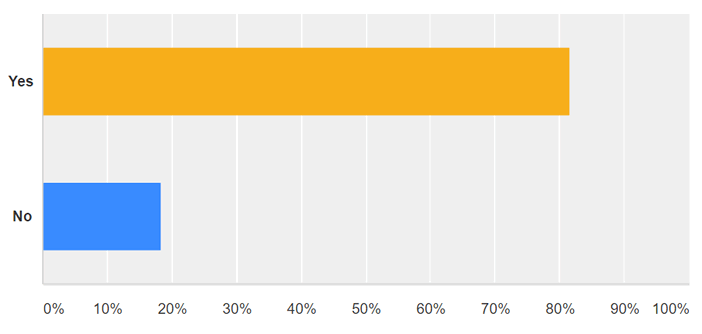
- 81.69% said YES, hemp should be grown as an agricultural commodity
- 18.31% said NO, hemp should not be grown as an agricultural commodity
Thank you to everyone who participated and shared the Pulse with friends and connections in the land industry.
LANDTHINK is seeking sponsors for the September LANDTHINK Pulse and months thereafter. Sponsorship of the Pulse is an excellent opportunity for land industry businesses and professionals to receive significant exposure by leveraging our entire network of web and social media sites. Pulse sponsorships are offered on a first come first serve basis and are subject to certain limitations. If your business would be interested in sponsoring next month’s September Pulse question, please contact us soon.
Do you have a suggestion for next month’s Pulse question? Submit your question here and we might choose yours!
Should financing be more readily available to new farmers, regardless of credit rating or economic status? We’d like to know your opinion! Click here to answer the August Pulse question.
This content may not be used or reproduced in any manner whatsoever, in part or in whole, without written permission of LANDTHINK. Use of this content without permission is a violation of federal copyright law. The articles, posts, comments, opinions and information provided by LANDTHINK are for informational and research purposes only and DOES NOT substitute or coincide with the advice of an attorney, accountant, real estate broker or any other licensed real estate professional. LANDTHINK strongly advises visitors and readers to seek their own professional guidance and advice related to buying, investing in or selling real estate.






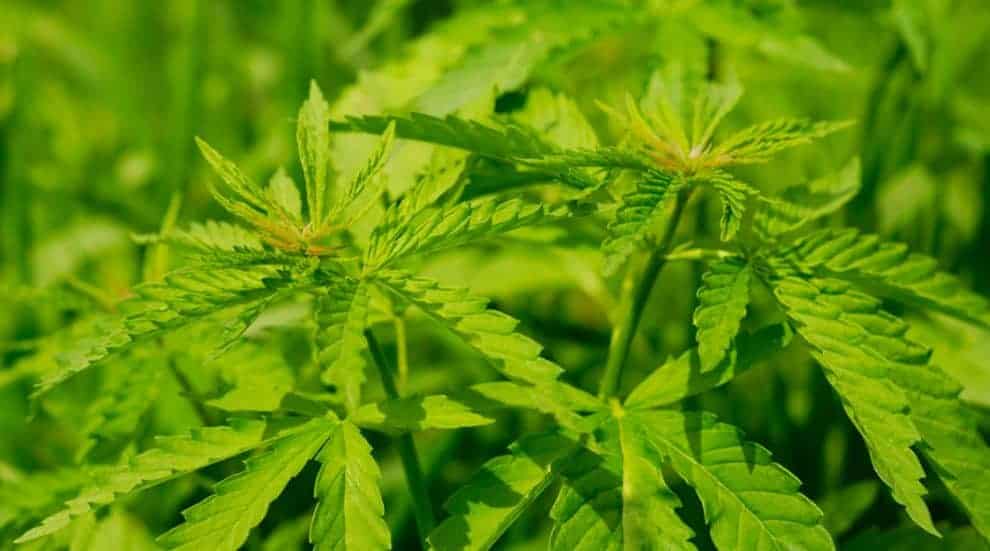
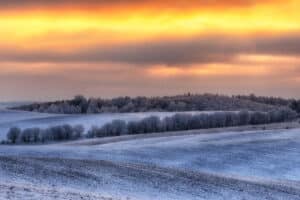
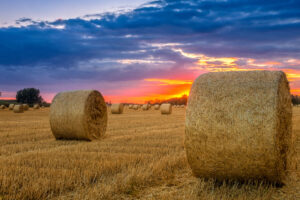
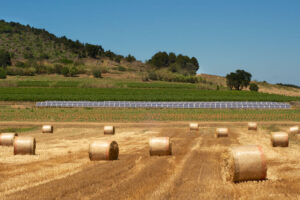
Add Comment